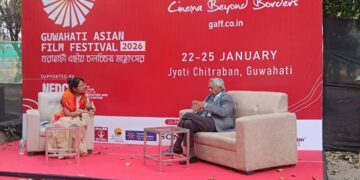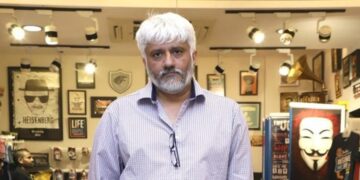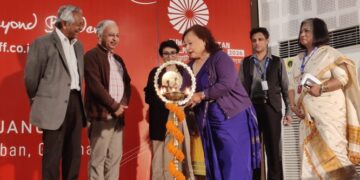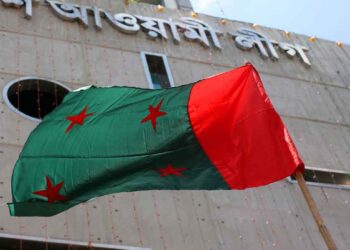The Awami League, the party of Bangladesh’s ousted Prime Minister Sheikh Hasina, on Tuesday announced nationwide agitations and “resistance marches” until November 30.
The move comes in response to the death sentence handed to the former premier by what the party has denounced as an “illegal” tribunal.
On November 17, the International Crimes Tribunal in Bangladesh (ICT-BD) sentenced the 78-year-old former leader to death, along with then home minister Asaduzzaman Khan Kamal, after a trial held in absentia on charges of committing “crimes against humanity.”
Hasina is currently in India, while Kamal is also believed to be in hiding in the country.
In a post on its official social media handle, the Awami League claimed the verdict was part of a political “conspiracy” by the Muhammad Yunus-led interim government to prevent Hasina and the party from contesting the general elections scheduled for February next year.
Rejecting what it described as the “illegal verdict of an illegal ICT tribunal,” the party demanded the resignation of Yunus and announced demonstrations and resistance marches across districts and upazilas until November 30.
The Awami League described the judgment as “farcical,” claiming it had been “rejected with contempt” by citizens, and called the tribunal proceedings a “mockery of a trial.”
The party said it was mobilising grassroots workers, political leaders and stakeholders to counter what it described as “anti-state conspiracies,” pledging nationwide resistance against any attempt to exclude pro-liberation forces from the electoral process.
“A staged election will not be allowed in Bangladesh. It will be resisted at any cost,” the party said, adding that a “tough nationwide movement” would be announced soon.
ALSO READ: Nepal: Ousted PM Oli’s CPN-UML joins race for Nepal elections
Hasina’s government was toppled on August 5 last year following a student-led uprising known as the “July Uprising.” Three days later, Nobel Laureate Muhammad Yunus returned from Paris at the call of protesting students to take charge as chief adviser of the interim government.
Hasina and others were accused of using brutal force to quell the unrest, while a UN rights office report estimated that around 1,400 people were killed between July 15 and August 15 last year.















